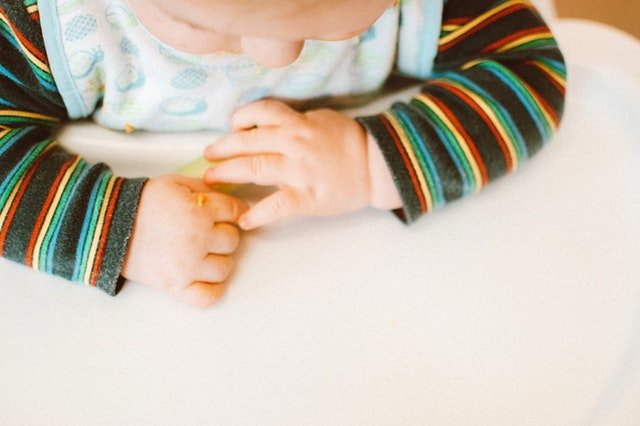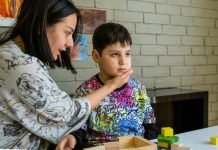
In a new study, researchers have found a strong behavioral sign to indicate which infants who have an older sibling with autism will themselves be diagnosed with autism as they grow older.
They found that such high-risk infants who exhibit an early social difficulty, specifically an insecure-resistant attachment to a parent, are more than 9 times more likely to receive an autism diagnosis by age 3 than high-risk infants with secure attachments.
The findings could lead to interventions that help infants who will develop autism form more secure social relationships, which is often difficult for people with the disorder.
The research was conducted by a team at the University of Miami.
Many babies cry or show other signs of distress when a parent departs and they are left behind with a stranger.
But secure babies are soothed when the parent returns. That, however, is not the case with babies classified with insecure-resistant attachments.
Insecure attachment patterns are generally linked to less optimal behavioral and emotional developmental outcomes later in life than secure attachments.
In the study, the team analyzed the attachment security of 95 infants who were classified by trained coders into four different attachment classifications when they were 15 months old.
Then the researchers looked for a correlation between each infant’s attachment classification and their autism diagnosis, or absence of one when the child turned 3 years old.
As it turned out, 16 of the 95 infants were high-risk infants who eventually developed autism; 40 were high-risk infants who did not develop autism; and 39 were low-risk infants who likewise didn’t develop autism.
The team found that high-risk infants with insecure-resistant attachments were more than nine times more likely to receive an autism diagnosis than high-risk infants with secure attachments.
The findings suggest the need for interventions for high-risk infants that specifically focus on sensitizing parents to social and emotional communication behaviors in infants identified as having insecure-resistant attachments.
This may reduce resistant attachment behaviors and may lower the obstacles to acquiring social competencies, which are already impaired in children with autism.
The lead author of the study is Katherine Martin.
The study is published in Developmental Science.
Copyright © 2020 Knowridge Science Report. All rights reserved.



